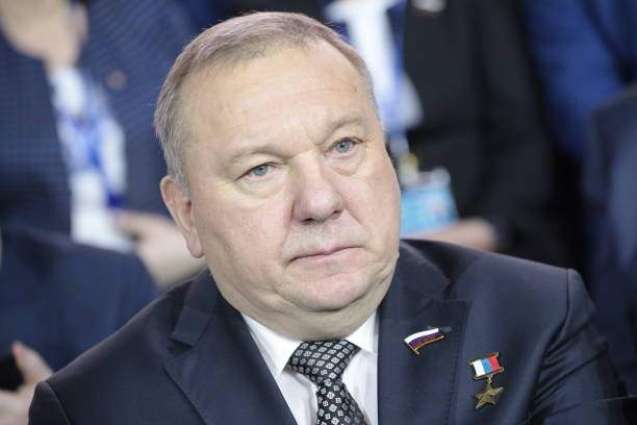If Russia and the United Sates fail to establish a dialogue over Washington's intention to pull out of the Intermediate-Range Nuclear Forces (INF) Treaty, it may lead to an escalation of tensions similar to the 1962 Cuban Missile Crisis, head of the Russian State Duma Committee on Defense Vladimir Shamanov told Sputnik on Tuesday.
MOSCOW (Pakistan Point News / Sputnik - 23rd October, 2018) If Russia and the United Sates fail to establish a dialogue over Washington's intention to pull out of the Intermediate-Range Nuclear Forces (INF) Treaty, it may lead to an escalation of tensions similar to the 1962 Cuban Missile Crisis, head of the Russian State Duma Committee on Defense Vladimir Shamanov told Sputnik on Tuesday.
On Saturday, US President Donald Trump announced that the United States would withdraw from the treaty because Moscow was allegedly violating the agreement. Kremlin spokesman Dmitry Peskov refuted Trump's claims and stressed that Russia would be forced to take measures to ensure its security if the United States started to covertly or openly develop weapons prohibited under the agreement.
"All of this shows that if we do not stop and do not engage in talks, we actually can potentially create an environment similar to the Cuban Missile Crisis," Shamanov said.
Russian Foreign Minister Sergey Lavrov said on Monday that Moscow would decide on its stance on the issue once the United States gave official clarifications regarding Trump's decision. Lavrov also said that any actions by Washington in that area would be met with counteractions.
The Cuban Missile Crisis is believed to put the world's most powerful nations on the brink of a nuclear war. In 1962, when the Cold War between the Soviet Union and the United States reached its peak, Washington deployed its ballistic missiles in Italy and Turkey, while Moscow responded in kind and sent its own ballistic missiles to Cuba to prevent the United States from invading the island.
Following a period of tense talks, the two sides agreed that the Soviet Union would withdraw its missiles from the island and that the United States would not invade Cuba. The Moscow-Washington hotline allowing the presidents of the two countries to communicate directly with each other was established as well.
The INF Treaty was signed in 1987 and became a landmark agreement that required the Soviet Union and the United States to cut their nuclear arsenals. Moscow and Washington pledged to destroy their ground-launched ballistic and cruise missiles with ranges between 310 to 3,400 miles.




